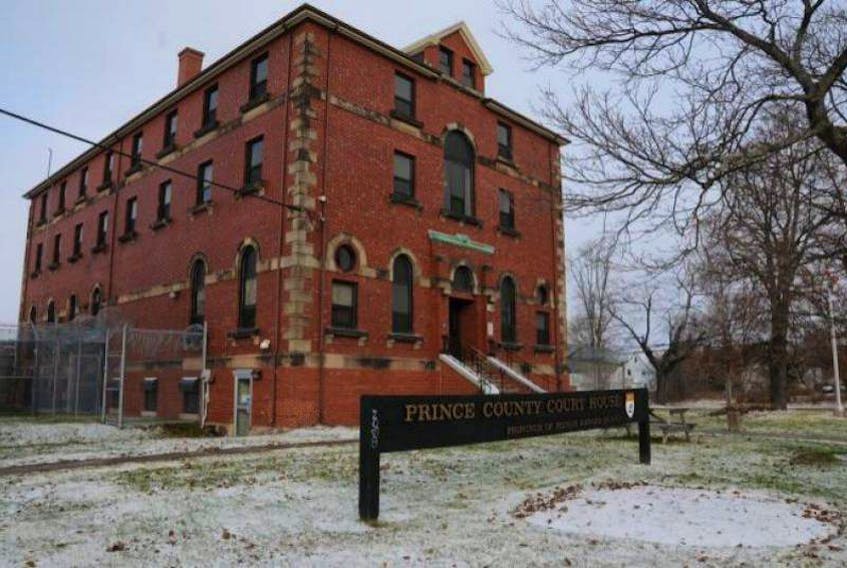SUMMERSIDE, P.E.I. — There was a dramatic turn Thursday in the jury trial of 36-year-old Stephen Robert Blood.
The Summerside man is facing one count of making sexually explicit material available to someone under the age of 16, or whom he believes to be under 16, for the purpose of invitation for sexual touching.
Blood changed his plea to guilty, prompting Chief Justice Tracey Clements to halt the Supreme Court of P.E.I. trial, which was in its third day, and dismiss the 12-member jury.
With his change of plea, Blood has admitted to sending sexually explicit photos of himself to someone he believed was a 15-year-old girl he met on the website Craigslist, but who was actually an undercover RCMP agent.
Early in the trial, the jury was recessed while the court dealt with a voir dire and then a charter of rights application. A publication ban on information presented while the jury was not present previously prevented the Journal Pioneer from reporting on these aspects of the case.
A voir dire is a mini-trial within a trial where the Crown and the defence make their cases as to why a particular piece of evidence should or should not be allowed. A charter application can be made by an accused person if they believe their charter rights were violated, which can lead to the judge dismissing evidence obtained via that violation.
Charter application
In Blood’s case, his lawyer, Robert McNeill, made a charter application that the RCMP had violated his client’s rights by not making the exact nature of the charge against him clear.
McNeill argued that because RCMP officers had told Blood he was being arrested for sending sexually explicit materials to a child, and said nothing about the “child” actually being an RCMP agent all along, that they had violated his right to be made aware of what he was being accused of.
During an interview with police, Blood repeatedly declined to speak with a lawyer and indicated that while he understood the charges against him, he didn’t understand where they were coming from.
Police told Blood on a few occasions that the exact details would be explained later in the interview. After about an hour of the men talking a police officer finally revealed that the girl Blood had met online had been an undercover RCMP officer all along. It was that point that Blood said he needed to speak with a lawyer.
Also during that interview, police presented Blood with a transcript of text messages and emails he’d had with the online agent, whom Blood knew as “Sarah.” Early in their exchanges Blood asked Sarah what she did for a living.
“Still in school. Grade 9. I can’t wait to finish school, such a pain,” was the response.
Blood later indicated he’d thought Sarah was 18 and when reminded of that particular exchange about her being in school, he said he didn’t remember the part that indicated she was younger.
Chief Justice Clements ruled to allow the interview into evidence and dismissed the charter application as having failed to establish beyond a reasonable doubt that Blood’s rights had been violated.
It was at this point that Blood changed his plea.
Blood will be back in court April 29 for the review of the report and possibly for sentencing.
Facebook.com/JournalPMacLean
Twitter.com/journalpmaclean
RELATED









